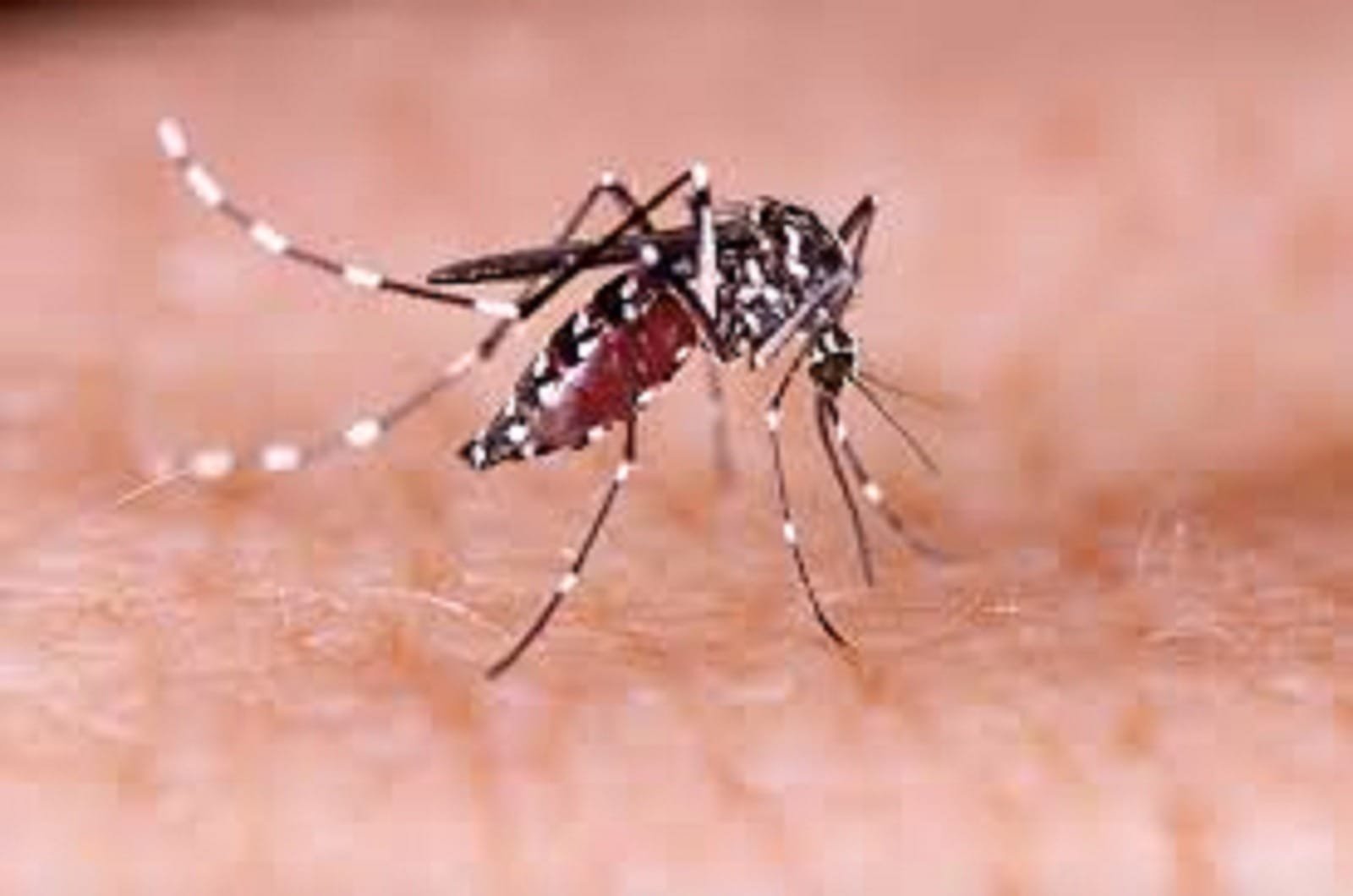The Zika virus, primarily transmitted through mosquito bites, has garnered significant attention due to its association with severe health outcomes, particularly in pregnant women. Understanding who is most at risk for Zika virus infection is crucial for effective prevention and management. This article delves into the high-risk groups, explores the potential health impacts, and offers practical remedies and preventive measures.
What is the Zika Virus?
The Zika virus is an arthropod-borne virus (arbovirus) primarily transmitted by Aedes mosquitoes, notably Aedes aegypti and Aedes albopictus. The virus can also be transmitted from mother to fetus during pregnancy, through sexual contact, and, in rare cases, via blood transfusions. Zika virus infection is often asymptomatic or causes mild symptoms such as fever, rash, and joint pain. However, it can lead to serious health issues, especially in certain high-risk groups.
High-Risk Groups for Zika Virus Infection
1. Pregnant Women
Pregnant women are at the highest risk for Zika virus infection due to the potential for severe complications. The virus can be transmitted from the mother to the fetus, leading to congenital conditions such as microcephaly, a condition where a baby’s head is significantly smaller than expected, and other severe brain defects.
Remedies and Prevention:
- Avoid Mosquito Bites: Use insect repellent containing DEET, picaridin, or oil of lemon eucalyptus. Wear long-sleeved shirts and long pants, and stay in air-conditioned or well-screened areas.
- Travel Precautions: If traveling to areas with Zika virus outbreaks, take extra precautions to avoid mosquito bites.
- Prenatal Care: Regular prenatal check-ups to monitor fetal development can help in early detection of any complications.
2. Infants and Young Children
Infants, especially those born to mothers infected with Zika virus, are at risk of developmental delays and neurological conditions. Zika virus has been linked to microcephaly and other developmental disorders in infants.
Remedies and Prevention:
- Regular Health Monitoring: Ensure regular developmental check-ups for infants.
- Mosquito Protection: Keep infants protected from mosquito bites using mosquito nets and appropriate clothing.
- Vaccination and Immunization: Stay updated on vaccinations and consult with healthcare providers for any additional measures.
3. Travelers to Endemic Regions
Travelers visiting regions with active Zika virus transmission are at risk. Areas with recent outbreaks or ongoing transmission include parts of South and Central America, the Caribbean, and Southeast Asia.
Remedies and Prevention:
- Pre-Travel Consultation: Consult with healthcare providers before traveling to endemic areas to receive advice on preventive measures.
- Insect Repellent: Use insect repellents and protective clothing consistently.
- Avoiding High-Risk Areas: Stay informed about Zika virus activity in travel destinations and avoid visiting during outbreaks if possible.
4. Individuals with Compromised Immune Systems
People with weakened immune systems, such as those undergoing chemotherapy or with chronic illnesses, may be more susceptible to severe outcomes from Zika virus infection.
Remedies and Prevention:
- Enhanced Precautions: Follow stringent mosquito bite prevention strategies.
- Medical Consultation: Seek medical advice to manage and mitigate the risks associated with Zika virus.
General Preventive Measures
Regardless of specific risk groups, general preventive measures are crucial to reducing Zika virus transmission:
- Eliminate Mosquito Breeding Sites:
- Remove standing water from containers, such as buckets, plant saucers, and old tires, where mosquitoes lay eggs.
- Use Protective Clothing:
- Wear long-sleeved shirts, long pants, socks, and shoes to minimize skin exposure.
- Apply Insect Repellent:
- Use repellents with EPA-registered ingredients like DEET, picaridin, or IR3535.
- Install Screens:
- Use window and door screens to prevent mosquitoes from entering living spaces.
- Stay Informed:
- Keep updated with local health advisories and Zika virus activity in your area or travel destinations.
Treatment and Medical Care
There is no specific antiviral treatment for Zika virus infection. Management primarily involves supportive care to relieve symptoms:
- Hydration: Drink plenty of fluids to stay hydrated.
- Pain and Fever Relief: Use over-the-counter pain relievers such as acetaminophen (Tylenol) to reduce fever and pain.
- Rest: Ensure adequate rest to help the body recover.
If symptoms worsen or if there is concern about potential complications, consult a healthcare professional promptly.
Conclusion
Understanding who is most at risk for Zika virus is essential for effective prevention and management. Pregnant women, infants, travelers to endemic regions, and individuals with compromised immune systems are particularly vulnerable. By taking preventive measures, staying informed, and seeking appropriate medical care, the risks associated with Zika virus can be significantly mitigated. As research and awareness continue to evolve, remaining vigilant and proactive in prevention strategies is key to safeguarding health against Zika virus infection.
Thanks for visiting Gymbag4u.com
You may also love reading our following articles. https://gymbag4u.com/vitamin-c-enriched-foods-that-fight-viral-infections/ and https://gymbag4u.com/gujarat-chandipura-virus-precautions-and-treatment/ and https://gymbag4u.com/nipah-virus-infection-in-kerala-essential-safety-precautions/
